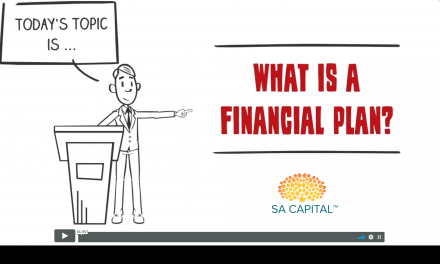Happy New Year, everyone! We hope you enjoyed the holidays. We thought we’d start the New Year with three more financial resolutions for 2016. 2016 looks to be a tough time for the Canadian economy. While the U.S. is raising interest rates, the Canadian economy remains shaky. In fact, there’s speculation the Bank of Canada could cut interest rates once again. It’s more important than ever to get your financial house in order. Here are three more financial tips for 2016 to make sure you have a great year.
- Live Within (Below) Your Means
Living within your means is one of the most basic, yet important personal finance rules out there. It is repeated over and over again by financial pundits like the Wealthy Barber David Chilton and financial guru Dave Ramsey. The easiest way to do this is to avoid lifestyle inflation. Lifestyle inflation is when your spending grows as you progress through your career. When you’re promoted and your salary goes up, typically so does your spending. You get a nicer car, go on fancier vacations and move to a bigger house. While it’s okay to reward yourself, it’s important to make sure your savings (not just your spending) increases. If your goal is to save 10 percent of your paycheque like many financial experts recommend, make sure you still save that amount when your salary goes up.
- Save Towards Retirement
Have you ever heard of the old saying, a penny saved is a penny earned? While it’s important to live for today, you also need to think about your future self. The sad reality is workplace pension plans in the private section are scarce. Only about one third of workers have the luxury of a pension. That means the onus is on workers to save for their golden years. Don’t be like the three quarters of Canadians not saving towards retirement and contribute to your RRSP. Through the power of compound, you can make your retirement savings grow a lot faster. With your RRSP you can contribute 18 percent of your prior year’s earned income. If you have RRSP room carried forward like most Canadians, you may be able to contribute a lot more. Contribute an amount from each paycheque and avoid being caught in a financial crunch at RRSP deadline time at the end of February.
- Don’t Carry a Balance on Your Credit Card
Credit cards come in handy when used properly. Earning reward points and managing your cash flow are two good ways to use your credit cards. You should avoid carrying a balance at all costs. Have an emergency fund of three to six month’s living expenses. Not only is carrying a balance costly, it can damage your credit score. If you ever want to own a home, maintaining a strong credit score is vital. Before you swipe or tap your credit card, ask yourself this: can you afford to pay off the balance in full before my statement comes due? If the answer is no, you shouldn’t charge it on your credit card.
It can be tough to put some of these resolutions into practice but working with a financial planner that will customize a plan that suits your lifestyle will go a long way. We’re here to help. Give us a call today!









